- Madam, how do you evaluate the current legal policy system on child protection in cyberspace in our country?

- I think that the legal system on child protection in cyberspace in Vietnam has made remarkable progress in recent times, demonstrating the special attention of the Party and State to the young generation in the digital age. We have a relatively comprehensive legal framework, including provisions in the Law on Children, the Law on Cyber Security, the Law on Network Information Security and many decrees and action programs of the Government. Along with that, Resolution No. 121/2020/QH14 dated June 19, 2020 on continuing to strengthen the effectiveness and efficiency of implementing policies and laws on preventing and combating child abuse and other relevant resolutions, such as resolutions on annual socio -economic development, on supervision, questioning... all have contents related to strengthening the protection and care of children, including child protection in the cyber environment. This is an important foundation to ensure children's right to live, learn, play and develop in a safe and healthy online environment.
Although the legal system has been built quite comprehensively, there are still some gaps in its implementation in practice. Some regulations have been issued but have not been effectively implemented; coordination between management agencies, schools, families and society is still lacking. Not to mention, the rapid development of technology, especially artificial intelligence, along with the anonymity and cross-border nature of cyberspace has made controlling and handling child abuse in cyberspace more complicated.
- At the 10th Session of the 15th National Assembly , the Cyber Security Law project is being discussed. In the draft law, child protection in cyberspace is stipulated as a separate article. Is this enough to protect children in cyberspace, madam?
- First of all, I appreciate the fact that the Drafting Committee continues to stipulate a separate law on preventing and combating child abuse in cyberspace (Article 20) in the draft Law on Cyber Security (amended). This clearly demonstrates the consistent viewpoint and policy of the Party and State on placing children at the center of social security and development policies. This provision not only affirms the rights of children when participating in the cyber environment, but also specifies the responsibilities of each group of subjects, from state agencies, businesses to schools, families and functional forces in protecting children from the risks and negative impacts of cyberspace.
However, in order for Article 20 of the draft Law on Cyber Security to truly become a shield to protect children in cyberspace, the Drafting Committee needs to clarify and bind the legal responsibilities of businesses providing digital platforms, social networks and internet services, especially cross-border platforms. The law needs to provide more specific regulations on the obligation to control, remove and prevent harmful content related to children; require businesses to build a technical system to automatically detect and warn, and closely coordinate with authorities to promptly handle violations when they are detected.
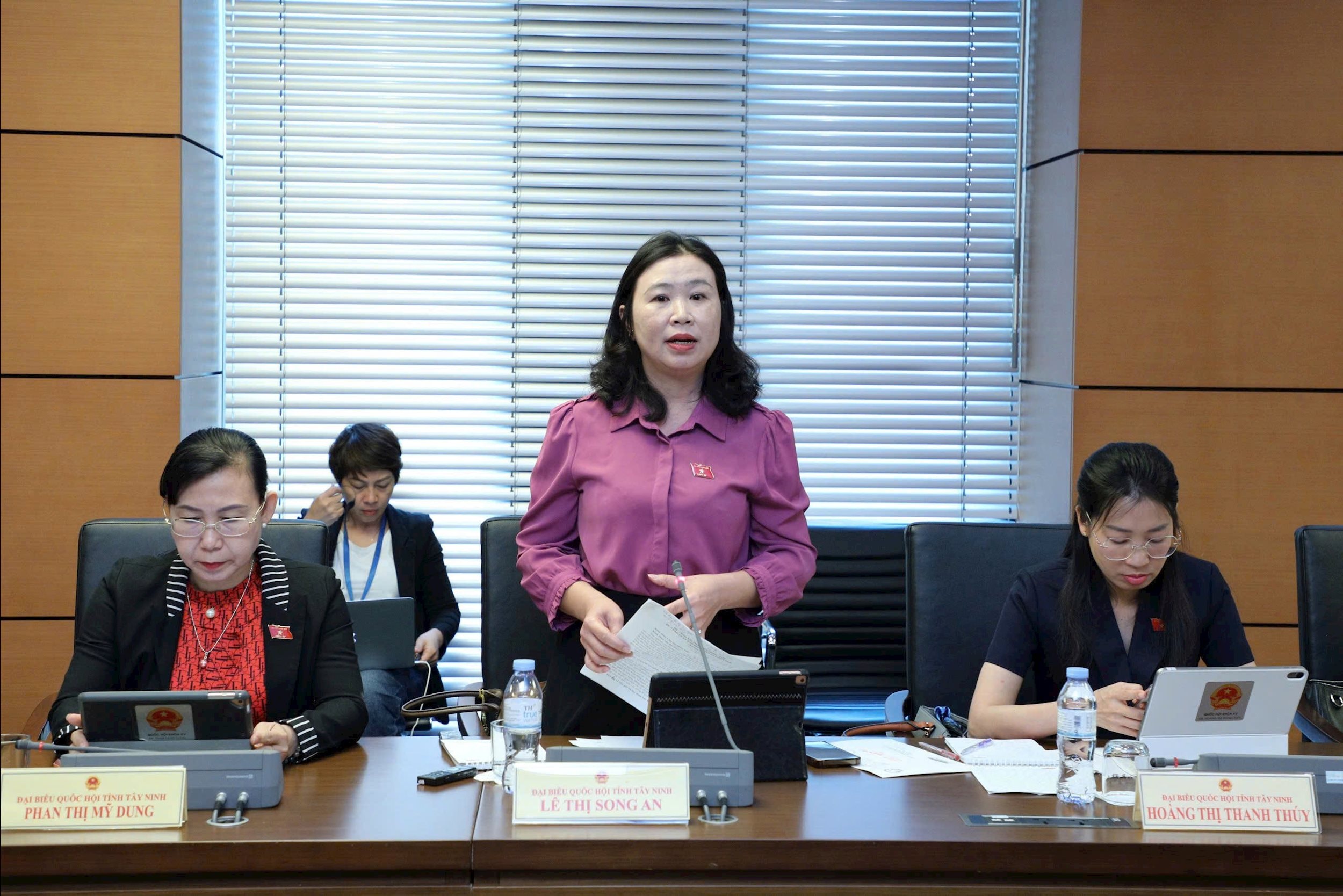
In addition, it is necessary to strengthen the protection of personal data and identities of children in the online environment, and all organizations and individuals when collecting, processing or sharing information about children must comply with strict confidentiality principles, be supervised and have clear legal responsibilities. At the same time, it is necessary to supplement support, intervention and recovery mechanisms for children who are harmed by online abuse. Protection must be comprehensive, not only limited to legal aspects, but also must have a psychological, legal and social support system to help children recover, stabilize their spirit and reintegrate.
In addition, the draft law also needs to more clearly define the role of the specialized force in protecting cyber security in proactively detecting, preventing and strictly handling acts of using cyberspace that are harmful to children. State management agencies on information and communications need to be assigned the authority to periodically inspect and monitor compliance of businesses providing digital platforms, to ensure that legal regulations are not just formal, but truly deterrent and highly feasible.
I believe that if these contents are absorbed and perfected, Article 20 of the Law on Cyber Security (amended) will not only have legal significance, but also become a real shield that is both strong in sanctions, effective in enforcement and humane in protecting the young generation in cyberspace.
- Besides perfecting the legal framework, what kind of coordination is needed across society to protect children in cyberspace , madam ?
- I think that the issue of protecting children in cyberspace today is a shared responsibility of the entire political system and the whole society. The law is the foundation, the legal framework for social management, but to effectively protect children, it is important that we build a self-defense mechanism for children in cyberspace. In other words, there needs to be synchronous coordination between the State, businesses, schools and families to improve children's "resistance", so that they can both exploit the usefulness of the internet in studying and training, and be immune to bad and toxic information on social networks.
First of all, state agencies need to continue to improve management, inspection and supervision mechanisms, and invest resources, technology and human resources in child protection in the online environment. It is necessary to promote the role of specialized forces in detecting, preventing and promptly handling violations. In addition, social organizations, unions and the media play an important role in raising awareness and encouraging society to participate in monitoring and protecting children in the online environment.
Only when all forces join in, with the spirit of "protecting children is the top priority", can we build a safe, healthy, humane cyberspace for the future of the country.
Thank you !
Source: https://daibieunhandan.vn/xay-dung-khung-phap-ly-manh-va-nhan-van-bao-ve-tre-em-tren-khong-gian-mang-10394057.html


![[Photo] Panorama of the Patriotic Emulation Congress of Nhan Dan Newspaper for the period 2025-2030](https://vphoto.vietnam.vn/thumb/1200x675/vietnam/resource/IMAGE/2025/11/04/1762252775462_ndo_br_dhthiduayeuncbaond-6125-jpg.webp)
![[Photo] The road connecting Dong Nai with Ho Chi Minh City is still unfinished after 5 years of construction.](https://vphoto.vietnam.vn/thumb/1200x675/vietnam/resource/IMAGE/2025/11/04/1762241675985_ndo_br_dji-20251104104418-0635-d-resize-1295-jpg.webp)

![[Photo] Ca Mau "struggling" to cope with the highest tide of the year, forecast to exceed alert level 3](https://vphoto.vietnam.vn/thumb/1200x675/vietnam/resource/IMAGE/2025/11/04/1762235371445_ndo_br_trieu-cuong-2-6486-jpg.webp)


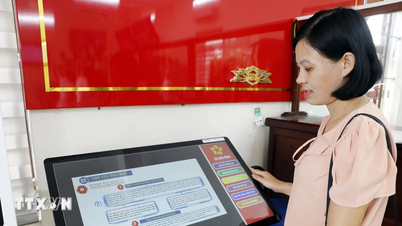

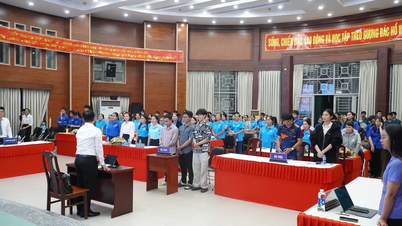

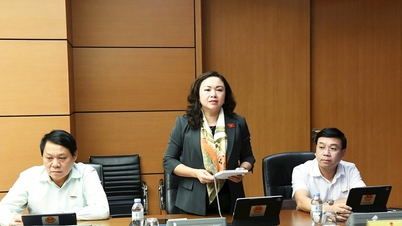
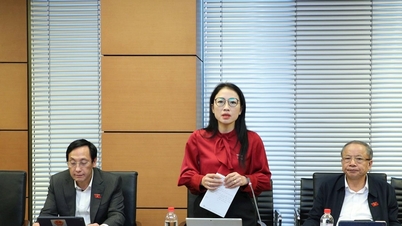
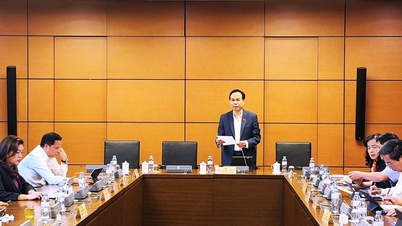
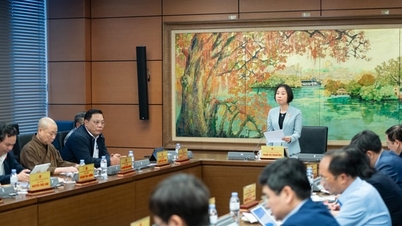

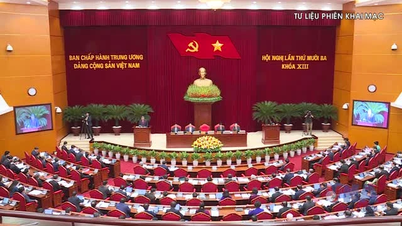
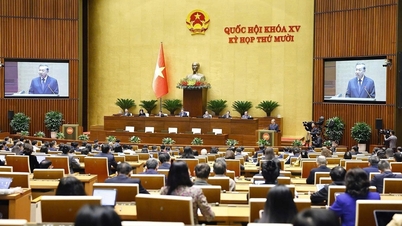

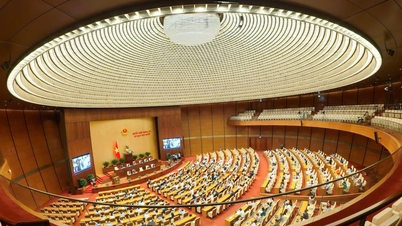

![[Video] 5 specific requests for comments on the draft documents of the 14th Congress](https://vphoto.vietnam.vn/thumb/402x226/vietnam/resource/IMAGE/2025/11/05/1762302892217_dung01-03-26-03still014-jpg.webp)

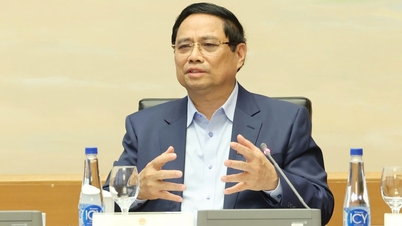







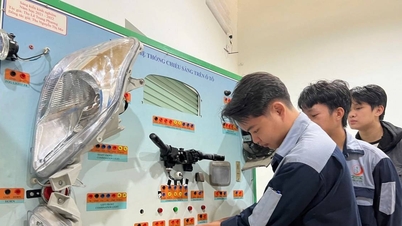
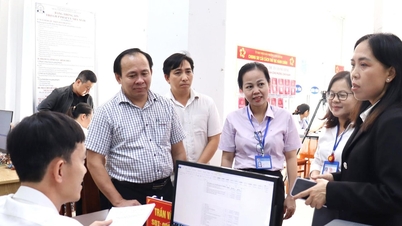
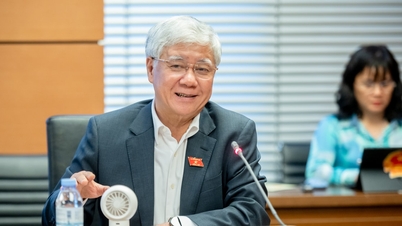
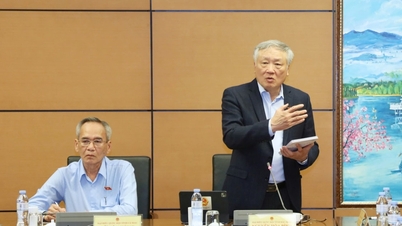
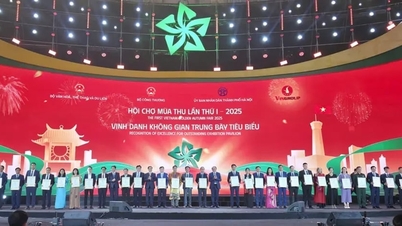










































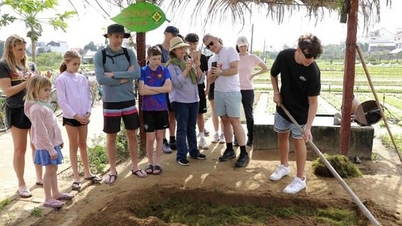







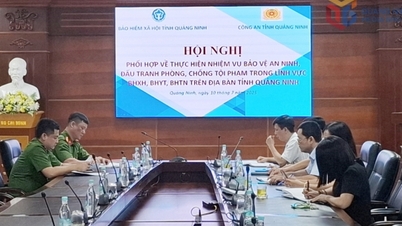
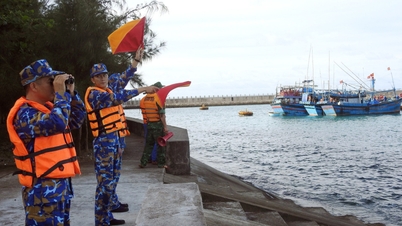



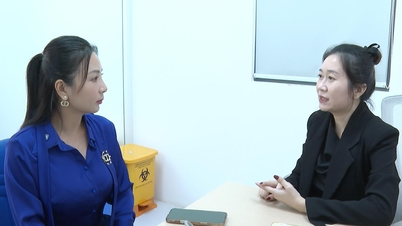

















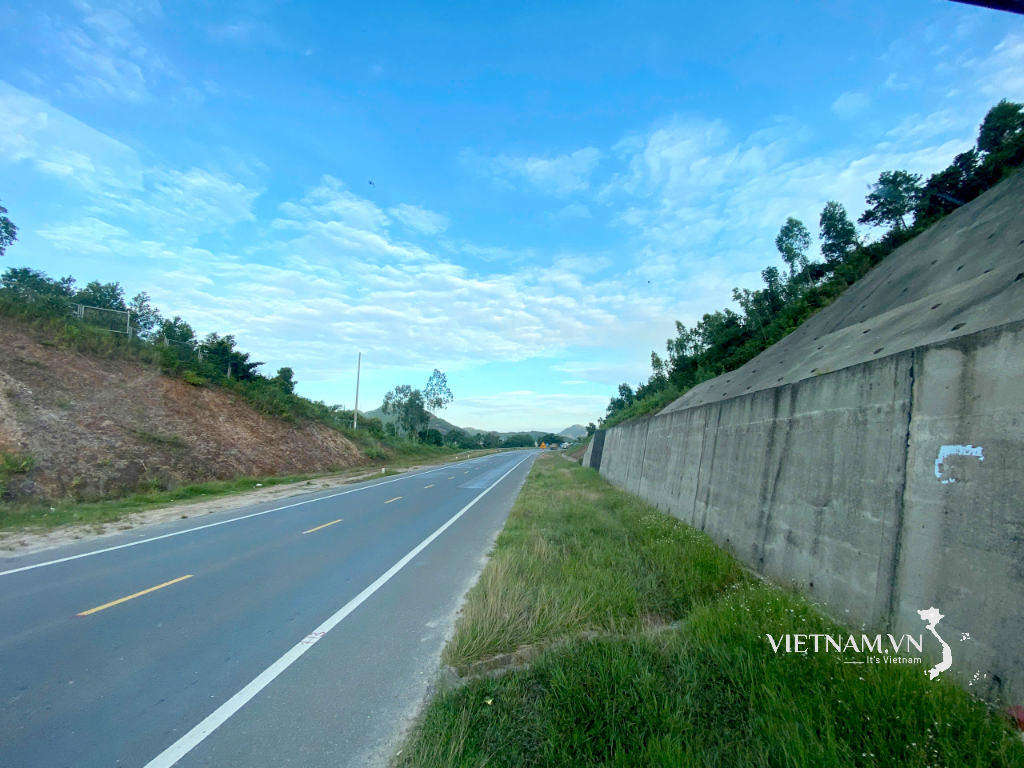
Comment (0)